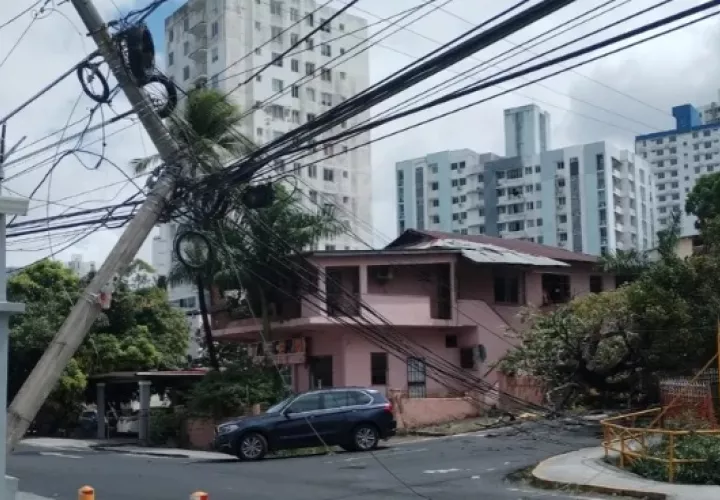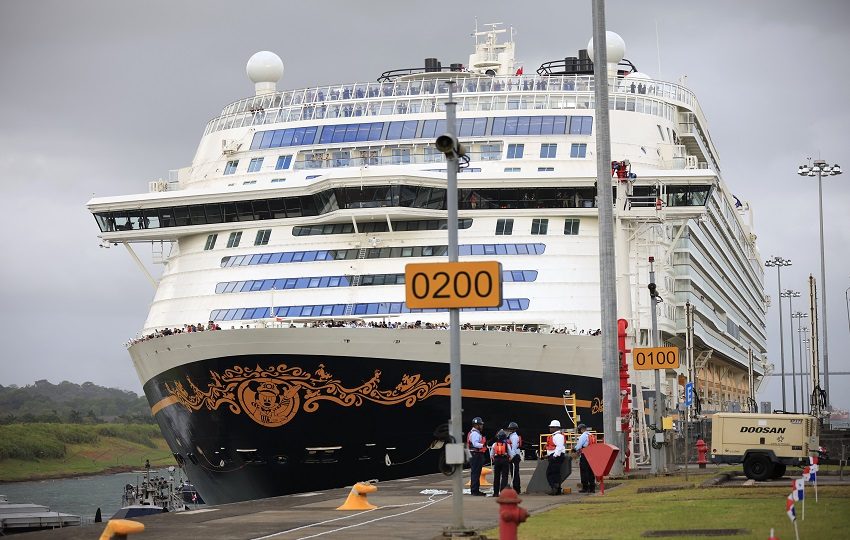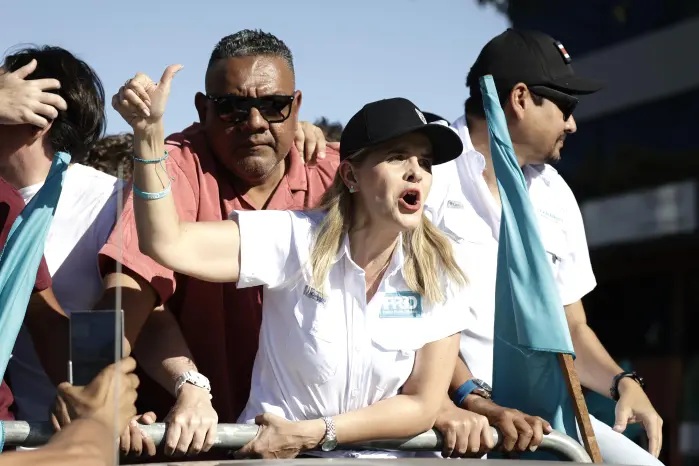Court unconstitutional ruling against police privileges was shelved

THE DECEMBER 2011 unanimous Supreme Court ruling declaring unconstitutional a law giving privileges to police using excessive force in the line of duty was shelved until Monday December 16.
In the opinion dated December 29, 2011 the court unanimously declared Law 74 October 29, 2010 unconstitutional.
The decision was notified on Monday to Carlos Herrera Morán, plaintiff's attorney, on the unanimous decision of the full Court.
The ruling, which has the signature of ex judges Winston Spadafora, Aníbal Salas, and Alberto Cigarruista , had the concurring opinion of Harry Diaz.
The ruling, with Judge Jerónimo Mejía rapporteur. stresses in their considerations the fact that while police officers use force while on duty, it does not give them the privilege to not be arrested or suspended from office if they commit a crime. "On the contrary, the system of criminal justice in Panama would be in disharmony , to provide a kind of carte blanche for force members, totally incompatible with a democratic society and state law enforcement," it says.
The court also held that the sentence of Article 127 of the defendant police law that refers to the " line of duty " could be interpreted as " fulfillment of a legal duty" or otherwise , which is contrary to the Constitution of the republic of Panama .
"In order to safeguard and defend the Constitution it is advisable to declare unconstitutional all precepts, in which the system of precautionary measures may be distorted ,"
The judges said the law does not survive constitutional examination because it is contrary to the principles and related to the limitation of power and the use of force values and the principle of equality.
They concluded in their analysis that the police have a better legal position than other people, which may be subject to necessary precautionary measures, provided that the action is justified and is suitable to the situation in question.
Also, that rule must establish more clearly the circumstances, reasons, motives, etc. . in which it is allowed to use intensive force.
Finally, the court believes that any possibility of limiting freedoms without valid justification must be stopped immediately by democratic means .
Carlos Herrera Morán , a lawyer who sued the Law 74 of October 29, 2010 , in January 2011 , said the decision of the Court is an achievement not only for the National Bar Association , but for all the people who have been victims of the police.
He criticized the fact that judgment has been shelved in "some " settlement of the Supreme Court since December 2011, and that it was not unveiled until now.
Miguel Antonio Bernal, constitutionalist said the ruling confirms the importance of public pressure.
La Prensa tried to get a response from the director of the National Police, Julio Molto, and Public Security Minister , Jose Raul Mulino, but got no comment.
The director of the National Border Service (SENAFRONT), Frank Abrego, said that it respects the Supreme Court.
"If the law determines that, we are respectful and servants of the law.
Former Attorney General, no Supreme Court Justice Jose Ayu Prado, considered that the law violates the rules of international law set forth in treaties signed by Panama on the right to life and equality also opposed .
Ayu Prado , on the request of Herrera Morán , asked the presiding judge of the Court to declare the law unconstitutional.
Meanwhile, the president of Transparency International (Panama chapter ) Maytín Angelica said " I think it is a positive ruling , but strikes me that it bears the signature of Aníbal Salas, Winston Spadafora and Alberto Cigarruista dated December 29, 2011 , but was until now unknown."
According to Maytín , these maneuvers undermine the transparency of the Supreme Court and should not be allowed . "As with this judgment there are others that are shelved, for example, the case of young people who were burned [to death] in the remand institution. Justice delayed is not justice.”
The Law protecting the National Police was criticized by members of civil society , due to police abuse cases in San Carlos , Villa Zaíta and Chiriqui .





